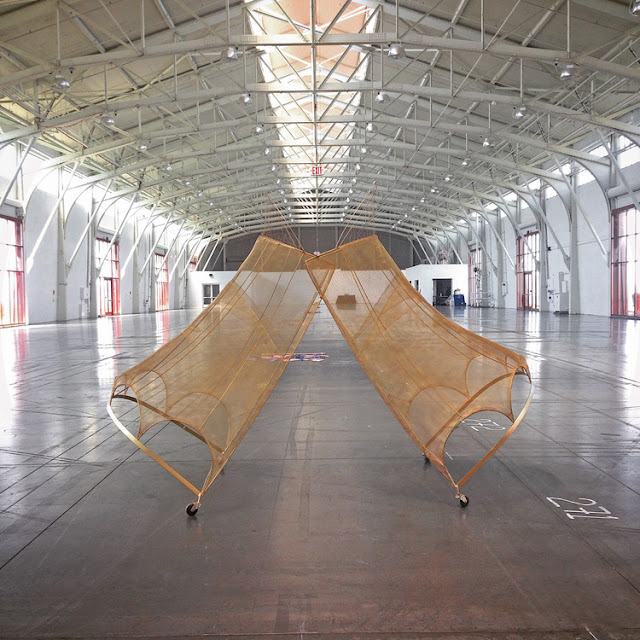Don Coen: The Real Deal
"Manuel", 7' x 10'
When I read what follows to Don the other night at a dinner, he was visibly emotional. That's a side of him I've only seen in connection with his tour de force The Migrant Series, but one that often evokes similar responses from others who view the work in person as well.
"Manuel", 7' x 10'
When I read what follows to Don the other night at a dinner, he was visibly emotional. That's a side of him I've only seen in connection with his tour de force The Migrant Series, but one that often evokes similar responses from others who view the work in person as well.
Tomorrow, Don Coen's exhibit at the Colorado Springs Fine Arts Center at Colorado College, The Migrant Series, closes. If you haven't seen it yet, and have the opportunity, don't miss it. The series consists of fifteen
large, photorealistic images
culled from thousands of photos Don took in fields across the US, from Texas to Washington state, and from California to Florida, of migratory field
workers – some close-cropped, others, head and shoulders, still others, in
groups of two or three standing or crouching, working in a field, etc. Nearly all
seem aware of the presence of the camera, which makes sense, as Don asked their
permission to photograph them.
"Lileanna", 7' x 10'
Decades ago, prior to the contemporary images of rural America he is most known for, Don saw the movie 2001, A Space Odyssey in a movie theater. Something about the film affected him deeply, causing him to respond with a series of abstract paintings he calls his "religous symbolist" work. Yet I doubt he would have been as affected by the film had he first watched it on a television set or laptop computer. Some movies were just made for the big screen.
Similarly, something about the scale, the quantity, the effort, and the subject matter involved in The Migrant Series combine to pack a punch you just have to experience in person. Face to face. (In terms of one's visceral response to scale, Don will often use the following, humorous example. Someone in a VW Beetle cuts off your F-250. You honk and shake your fist at them. They notice, and, at the next red light, the driver gets out of his car - all 6'8", 275 lbs of him. That, Don will say, is scale.)
I could talk more about the Migrant Series, but it's gotten plenty of glowing press both regionally and nationally.
"Lileanna", 7' x 10'








Comments
Post a Comment